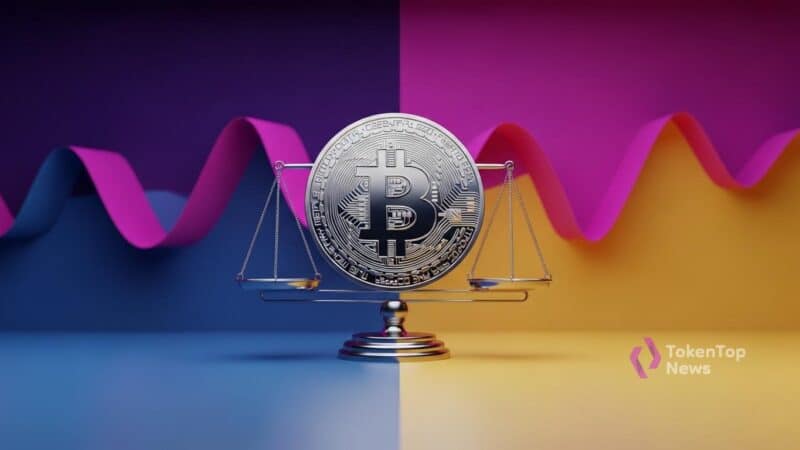Fetch.ai Files Lawsuit Against Ocean Protocol Over Token Sales
- Fetch.ai accuses Ocean Protocol of improper token sales.
- Lawsuit involves 263 million FET tokens.
- Potential impacts on market and investor trust.
Fetch.ai has initiated a legal proceeding against Ocean Protocol over alleged improper sale of 263 million FET tokens, marking a key dispute involving major leadership figures in the cryptocurrency sector.
This legal conflict could significantly impact the market and governance trust within the cryptocurrency alliances involved.
Nutgraph:
Fetch.ai has initiated legal proceedings against Ocean Protocol, accusing it of improperly selling 263 million FET tokens. The dispute, involving leaders from both projects, involves allegations of market manipulation and significant financial repercussions for alliance assets.
The Players and the Dispute
Fetch.ai’s legal action targets the Ocean Protocol Foundation. Notably, Humayun Sheikh, CEO of Fetch.ai, has made a settlement proposal:
Return the community’s tokens and Fetch.ai walks away.
The lack of public statements directly from Ocean Protocol’s leadership highlights the gravity of the dispute and its implications.
Market Effects and Investor Trust
The public legal clash has placed pressure on Fetch.ai and Ocean Protocol’s fundraising prospects. This dispute questions cross-alliance grants and token-backed funding vehicles, affecting both FET and OCEAN tokens.
Market dynamics, specifically concerning liquidity and staking, could face shifts as 270 million FET tokens reportedly moved from alliance wallets to exchanges, impacting price stability and overall liquidity.
Historical Echoes and Future Concerns
The potential market implications echo historical incidents of alliance breakdowns and governance scandals within the crypto industry. Token price volatility and diminished investor trust are expected unless resolved swiftly.
The ongoing situation raises concerns over financial, regulatory, and technological outcomes for both projects. Historical precedents demonstrate possible asset deflations and governance challenges should the dispute remain unresolved.



